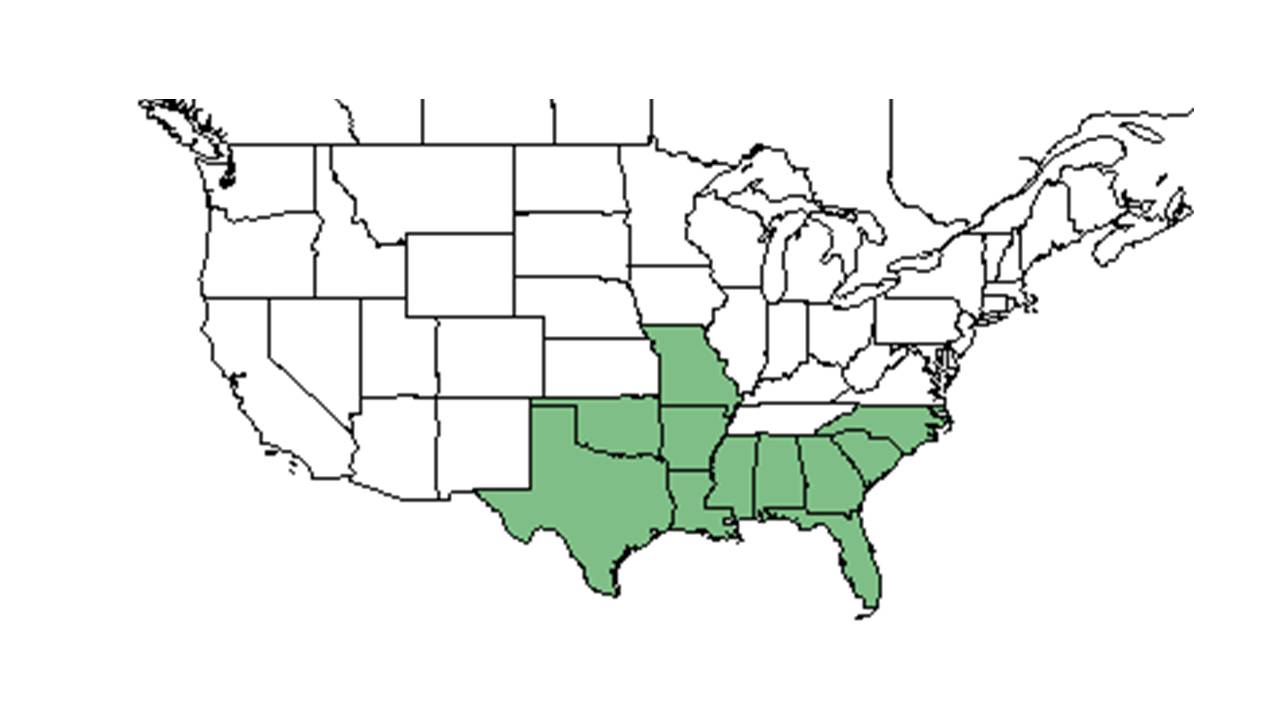Difference between revisions of "Eragrostis elliottii"
(→Description) |
|||
| Line 19: | Line 19: | ||
==Description== | ==Description== | ||
<!-- Basic life history facts such as annual/perrenial, monoecious/dioecious, root morphology, seed type, etc. --> | <!-- Basic life history facts such as annual/perrenial, monoecious/dioecious, root morphology, seed type, etc. --> | ||
| + | Common Name: field lovegrass | ||
| + | |||
==Distribution== | ==Distribution== | ||
==Ecology== | ==Ecology== | ||
Revision as of 18:00, 2 July 2015
| Eragrostis elliottii | |
|---|---|
Error creating thumbnail: Unable to save thumbnail to destination
| |
| Scientific classification | |
| Kingdom: | Plantae |
| Division: | Magnoliophyta - Flowering plants |
| Class: | Liliopsida – Monocotyledons |
| Order: | Cyperales |
| Family: | Poaceae ⁄ Gramineae |
| Genus: | Eragrostis |
| Species: | E. elliottii |
| Binomial name | |
| Eragrostis elliottii S. Watson | |

| |
| Natural range of Eragrostis elliottii from USDA NRCS Plants Database. | |
Contents
Description
Common Name: field lovegrass
Distribution
Ecology
Habitat
Does well in open canopy areas on longleaf pine habitats.[1] Sandhill community.[2] Does not do well in highly disturbed areas (such as clear cutting).[1]
Phenology
Seed dispersal
Seed bank and germination
Fire ecology
Pollination
Use by animals
Diseases and parasites
It is a common host plant of the fungus Balansia epichloe in the southeastern United States.[3]
Conservation and Management
Cultivation and restoration
Photo Gallery
References and notes
- ↑ 1.0 1.1 Brockway, D. G. and C. E. Lewis (2003). "Influence of deer, cattle grazing and timber harvest on plant species diversity in a longleaf pine bluestem ecosystem." Forest Ecology and Management 175: 49-69.
- ↑ Downer, M. R. (2012). Plant species richness and species area relationships in a Florida sandhill community. Integrative Biology. Ann Arbor, MI, University of South Florida. M.S.: 52.
- ↑ Phelps, R. A., G. Morgan-Jones, et al. (1993). "Systematic and biological studies in the Balansieae and related anamorphs. 7. Host-pathogen relationship of Eragrostis capillaris and Balansia epichloe." Mycotaxon 49: 117-127.